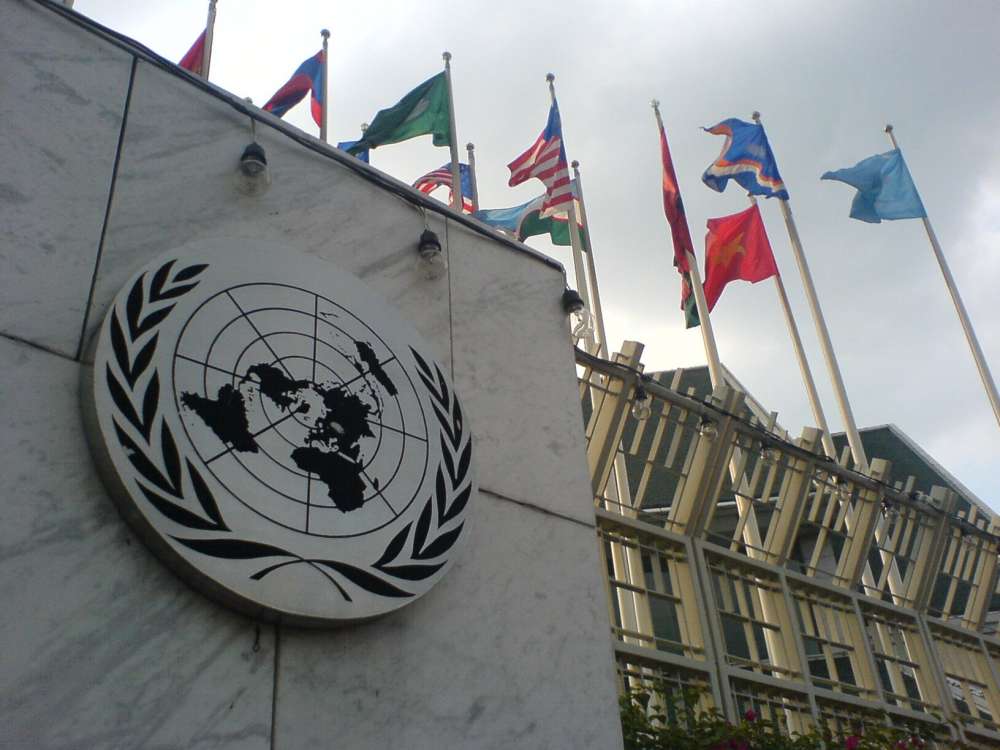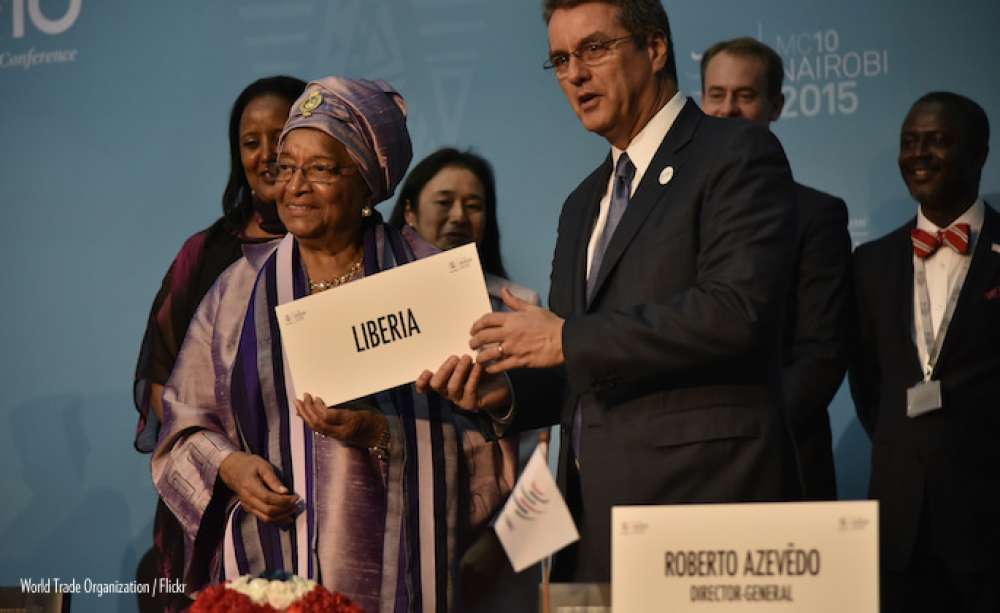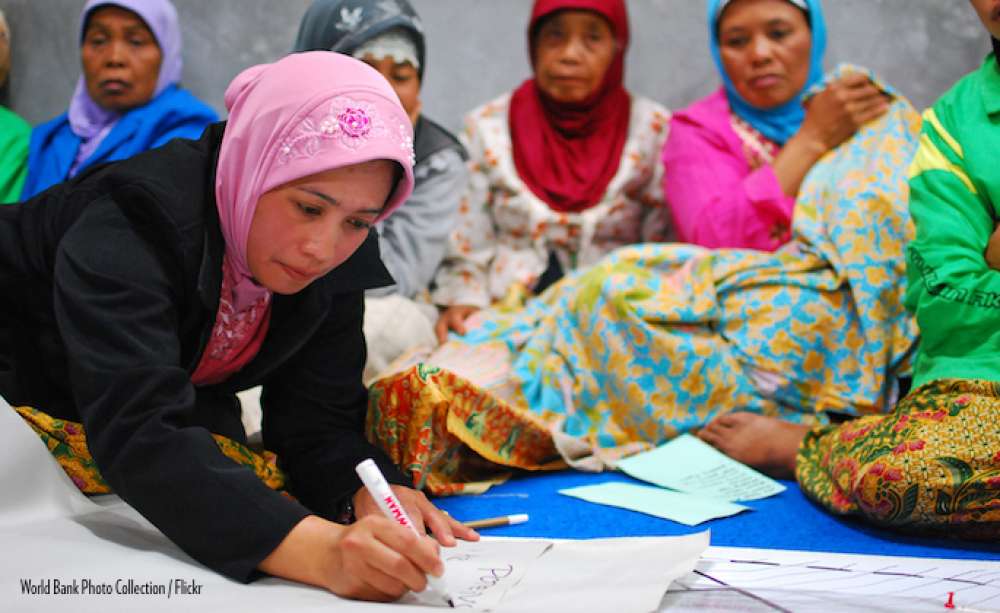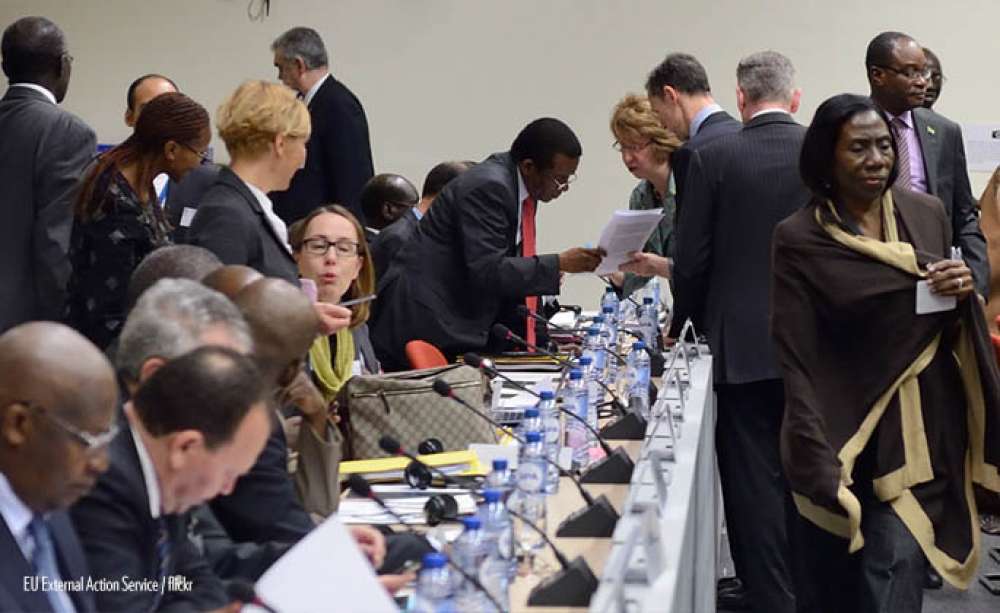Innovation in Development
Emerging economies demonstrate that poor countries can achieve a growth path, but the gap is growing between these success stories and countries sliding further into poverty, instability, and violence. The traditional tools of development aid alone are unable to address these challenges, but opinions on how to move forward are highly polarized. In our work, we review aid instruments to make them more effective and innovative, and promote development policies that go “beyond aid.”
Multi-Stakeholder Partnerships and the 2030 Agenda: Challenges and Options for Oversight at the United Nations
TTIP vs. WTO: Who Sets Global Standards?
The WTO’s negotiating processes may be difficult and sometimes painstakingly slow, but they remain the only way to avoid the formation of costly economic blocs.
Effective and Accountable: UN-Business Partnerships at a Crossroads
We need new tools and approaches to both measure and ensure the effectiveness of UN-business partnerships.
Experts
Thorsten Benner
Alexander Gaus
Elias Sagmeister
Kristina Teicke
Andrea Binder
Wade Hoxtell
Julia Steets
Clara Weinhardt
Funding & Contact
Our funders and clients include the German Ministry for Economic Cooperation and Development (BMZ), the Deutsche Gesellschaft für Internationale Zusammenarbeit (GIZ), the German Federal Foreign Office (AA), the United Nations Global Compact, the United Nations Children’s Fund (UNICEF), the European Commission, and the Konrad-Adenauer-Stiftung.
For more information, please contact Wade Hoxtell.
Focus: Multi-Stakeholder Partnerships for Development
When governments agreed on the Millennium Development Goals in 2000, the idea that fair and sustainable development needs governments, business and civil society players to act in concert gained traction. Multi-stakeholder partnerships promised solutions where governments had failed. Indeed, there has been progress. The GAVI Alliance, for example, has made basic vaccinations available in almost all countries while also helping to develop new vaccinations. But partnerships need to be carefully designed to be effective
In over 25 research and advisory projects, we have found that three conditions are most important: an alignment of strategic interests among all partners; political backing and operational capacity within their organizations; and transparency to ensure accountability. While the private sector is often a part of the problem, it also must be a part of the solution. We remain committed to providing sober analysis and advice on when and how to partner with business for achieving development goals.






